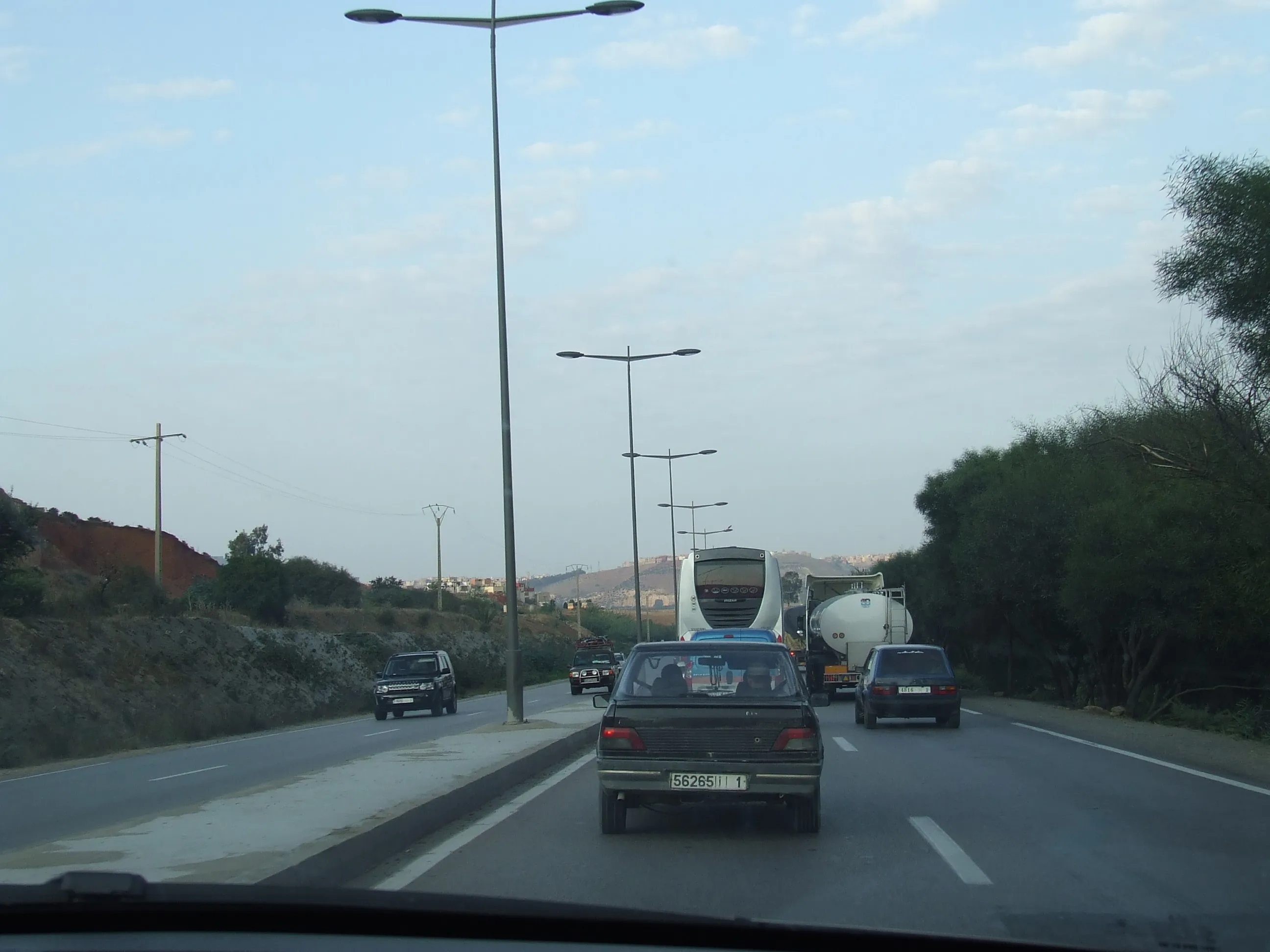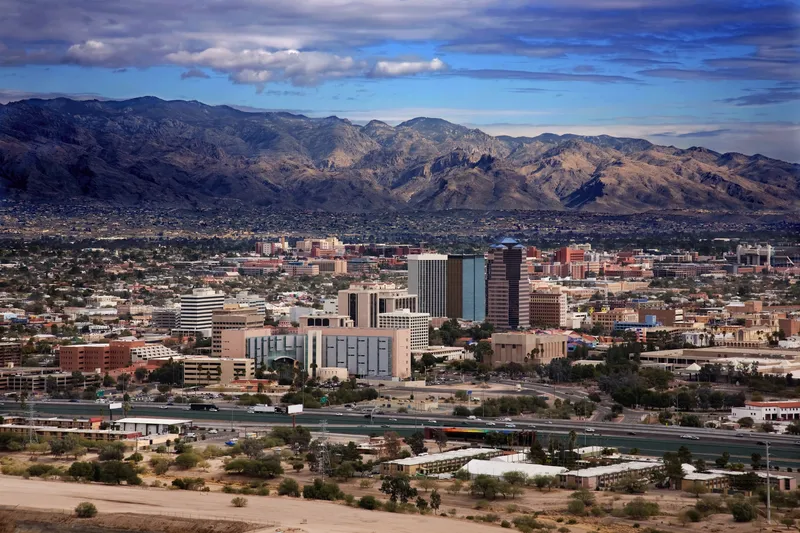Further infrastructure development is planned for Morocco. The authorities in the town of Salé are planning an urban development programme, with new and wider roads seen as a key portion of the work. Salé lies immediately to the north of Morocco’s capital Rabat and is home to many commuters working in the capital. Improving the transport links in the area will help develop the local economy and the Ministry of the Interior and the Ministry of Finances have set a budget of over US$516 million for the work. T
August 26, 2016
Read time: 2 mins

Further infrastructure development is planned for Morocco. The authorities in the town of Salé are planning an urban development programme, with new and wider roads seen as a key portion of the work. Salé lies immediately to the north of Morocco’s capital Rabat and is home to many commuters working in the capital. Improving the transport links in the area will help develop the local economy and the Ministry of the Interior and the Ministry of Finances have set a budget of over US$516 million for the work. The scheme has still to receive final approval but if this is given, should then commence from October 2016.
One of the routes that has already been improved is the road linking to the Rabat-Salé International Airport, which has been widened to boost capacity. Adding an extra lane to the 25km stretch of the A1 highway between Salé and Kenitra will help alleviate traffic congestion, which can be acute at peak travel periods. Delays are frequent along this section during rush hour, with crashes also further increasing journey times and the upgrade is expected to boost safety also. Rabat is the country’s capital although Casablanca is Morocco’s largest city as well as being its commercial centre.
One of the routes that has already been improved is the road linking to the Rabat-Salé International Airport, which has been widened to boost capacity. Adding an extra lane to the 25km stretch of the A1 highway between Salé and Kenitra will help alleviate traffic congestion, which can be acute at peak travel periods. Delays are frequent along this section during rush hour, with crashes also further increasing journey times and the upgrade is expected to boost safety also. Rabat is the country’s capital although Casablanca is Morocco’s largest city as well as being its commercial centre.






